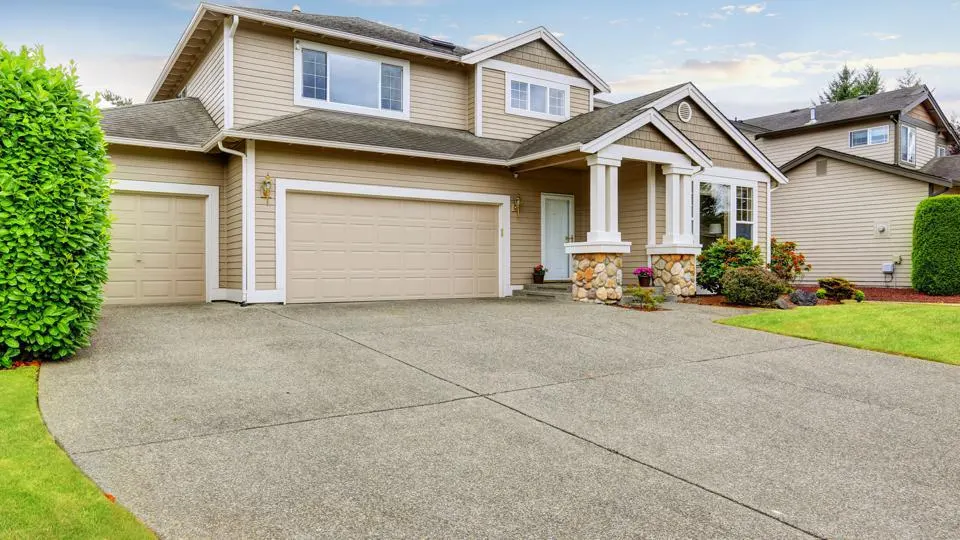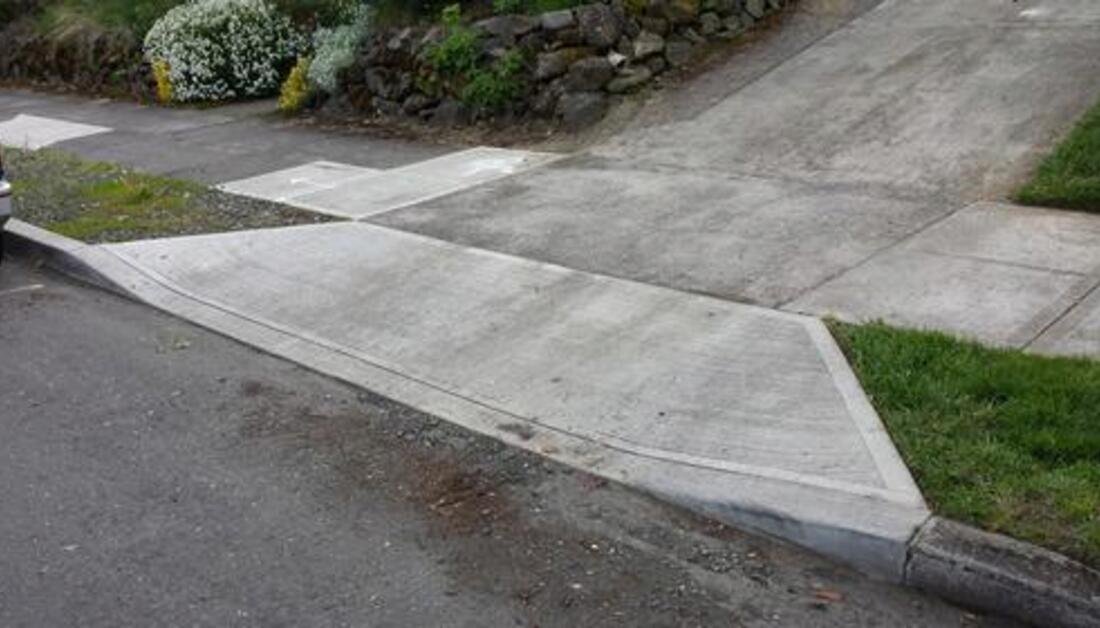Here is the most complete article on the driveway zoning law that you will find anywhere! The anticipation of designing your new driveway is just unimaginable. Yet, you must comprehend the design and installation rules before jumping into it. We cover all bases from site constraints to compliance requirements to keep your business on the right side of the law.
What Do Zoning Laws Do?
Zoning rules maybe not the most exciting part of town planning. Still, they contribute to the orderliness of the city. The purpose of such rules is to ensure that the property is put to the right use and the driveway is made according to certain standards.
You would not be able to fight with the neighbors or the local authorities over the driveway installation if you knew of zoning restrictions. This regulation prevents overcrowding and illegal land usage by the neighborhoods to ensure the property is guarded.

The zoning regulation in question will create a scenario where the driveways will not hinder the traffic and will not endanger the pedestrians. In other words, the safety level will be increased. These contributions have helped to improve people’s standard of living by safeguarding the beauty of the land.
An integrated, harmonized, and unified community that would be free of disruptions and problems caused by non-compliance with zoning restrictions requires appreciative and cooperative behavior.
Zoning Laws for Driveway Types
Zoning regulations for driveways are of various types. The most common driveway site and size restrictions are also a specialty of the city. This is a means of keeping the driveways from taking up the space that the public should be entitled to and used by the traffic.
The zoning code also specifies driveway materials as part of the process. To maintain a high level of aesthetics, many places do not allow the use of concrete or gravel.
Driveway grades may be prohibited to avoid soil erosion and runoff. The rules are aimed at environmental protection and improving the drainage system.
Knowledge of the driveway zoning requirement is needed for the planning and successful completion of the new driveway installation. Compliance with the mentioned regulations will let you avoid any sanctions and other legal problems.
Limitations on Size and Positioning of Driveways
The zoning regulations governing the driveway’s size and placement must be observed when designing a new driveway. Your local laws will indicate the ultimate width of your driveway. Some jurisdictions, such as the local councils, limit the width and length of driveways to ensure that they do not block the footpaths or traffic.
Another aspect is space—zoning laws mostly prescribe that driveways should not be near property borders, junctions, and utility poles, to provide public access to the neighborhood and for the safety of pedestrians and vehicles alike.
Before you start a driveway project, conduct some research concerning your location to find out the size and placement requirements. Penalties for violating these rules may result in a fine or an order to construct a new parking space.
Knowing all the terms and conditions beforehand will likely make you avoid wasting time and money and will save you disappointment.
Permits and Approvals to be Required for Driveway Installation
The installation of a new driveway entails obtaining licenses and permissions. The most frequently used zoning regulations are when the landowners should first obtain the consent of the local authority before constructing a building.
The driveway installation approval process varies across different areas. For example, approvals on some things– like driveway size or materia–l are required to be done beforehand.
It is not easy to navigate the regulations; at times, you may need to consult the experts to find out what is required in your area. Without approval, you will likely be fined, delayed, and/or you may have your driveway removed altogether.
To be in compliance with zoning regulations and permit acquisitions, one should plan for them in advance to ensure the smooth installation of your new driveway. Remember to play by the rules because they are a pathway to safety from penalties and are for the betterment of one’s community.
Potential Consequences That Can Be Expected for Disregarding the Zoning Laws
Violating the driveway zoning requirements could end up being damaging for you.
Firstly, violating these rules could result in heavy fines. The neighborhood local authority uses zoning codes to prevent potential hazards.
Zoning ordinances could be why driveway construction fails or stops due to zoning violation. If not in compliance with the zoning rules, you could face court which would be even more costly.
If your driveway does not comply, it may have to be removed or changed after completion, and this will present an additional cost and hassle for you.
Following zoning restrictions from the first step of the process will help prevent any stress and obstacles that might emerge later in the project. Make sure to do your homework before installing a new driveway. Try to be mindful of the following:
Tips to comply with zoning laws when constructing your new driveway
Research and learn about the zoning ordinance for driveways applicable in your area. This will guide you to learn the suitable driveway size, position, and materials.
Next, check with a builder or local authority to ensure that the design of your driveway is within the proper regulations.

Before you construct a new driveway, you are advised to acquire all the necessary licenses. This will be a way to cut down on time and avoid fines.
Imagine your driveway in the neighborhood and how it will look. Try to find the designs and colors consistent with the surrounding area.
Abiding by these guidelines and properly educating yourself about zoning regulations will allow you to install your new driveway without legal problems.
Conclusion
The zoning rules associated with your new home driveway must be well understood by you to avoid penalties and legal problems. Installation can be successfully accomplished if you know the size limit and location restrictions, get proper permission, and follow the local rules.
If you don’t follow zoning laws, you will be penalized, delayed, or may even have to remove or modify the driveway. Research and rule compliance are best done from the beginning.
To have your house adorned with a nice looking and functional driveway, and complying with the driveway zoning regulations will not be a big deal. Stay current, make sure you have the approvals, and you can now build the new driveway with confidence, knowing that you are within the legal framework.

